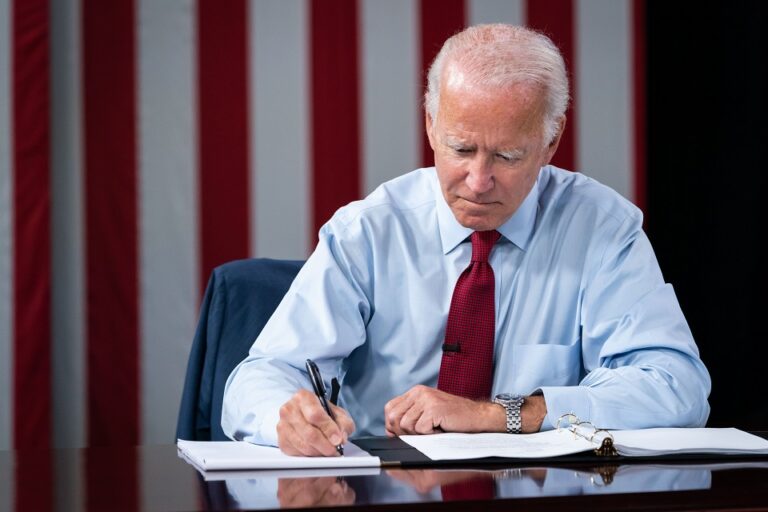
Frequently Asked Questions (FAQs)
Navigating medical directives can bring up many questions. Here are answers to some of the most common ones we hear from our readers.
What is the difference between a living will and a healthcare proxy again?
It is worth repeating this key distinction. A living will is a document about your wishes—it provides written instructions about the specific medical treatments you do or do not want. A healthcare proxy (or agent) is a document about a person—it appoints someone you trust to make medical decisions for you when you cannot. The best practice is to have both. Your living will guides your agent, and your agent interprets those wishes for any situation your living will did not anticipate.
What happens if I don’t have an advance directive?
If you become incapacitated without an advance directive, decisions about your medical care fall to state law. Most states have a hierarchy of family members who can make decisions for you, typically starting with your spouse, then adult children, then parents, and so on. This can be problematic if your family members disagree on the course of action, or if the person legally designated to decide is not the person you would have chosen. In a worst-case scenario of family conflict, a court may have to appoint a legal guardian, a costly and stressful process that takes the decision out of your family’s hands entirely.
Can I change my mind after I create my medical directives?
Absolutely. Your advance directives are effective only as long as you want them to be. You can change or cancel them at any time, as long as you are still of sound mind. To make a change, the best and clearest method is to create a completely new document. Write on the new document that it revokes all previous versions. Then, you must destroy all copies of your old directive and distribute new copies to your agent, doctor, and family, informing them that this new document replaces the old one.
Does my advance directive work if I have a medical emergency in another state?
Most states have laws that honor advance directives that were legally executed in other states. However, because laws can differ, there is a small chance of a complication. If you spend significant time in more than one state, it is a good idea to either consult an attorney to create a document that is broadly compliant or consider executing a separate directive that meets the specific requirements of each state. Having a document of any kind is always better than having none at all when you are traveling.
What is the difference between a living will and a DNR again? I am still a little confused.
Let’s clarify this important point. Think of it this way: a living will is a planning document you create for a potential future event. It lays out your general wishes for end-of-life care if you become terminally ill or permanently unconscious. It might say, “In such a state, I would not want CPR.”
A DNR (Do Not Resuscitate) order is an immediate, actionable medical order signed by a doctor. It is for your current health status. It tells all medical personnel, including paramedics, not to perform CPR if your heart or breathing stops. You cannot just write “DNR” on your living will and have it be effective in an ambulance. You need a doctor’s order, often on a specific state-mandated form, which might be kept on your refrigerator or by your bedside if you are at home with a serious illness.
In short, a living will expresses a wish; a DNR is a doctor’s order that turns that wish into a command for medical professionals.
Disclaimer: The information provided on this website does not, and is not intended to, constitute legal advice; instead, all information, content, and materials available on this site are for general informational purposes only. Information on this website may not constitute the most up-to-date legal or other information. Readers of this website should contact their attorney to obtain advice with respect to any particular legal matter.




